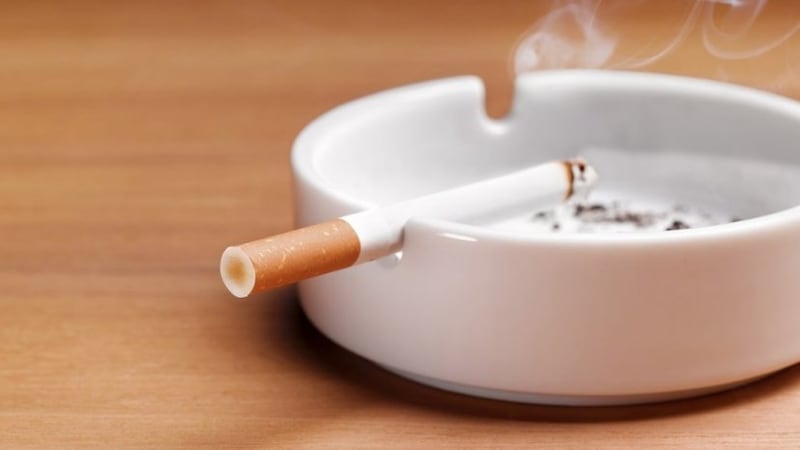Leading Pasifika health expert Sir Collin Tukuitonga is the latest doctor to slam the new government’s plans to repeal smoke-free legislation — calling the move immoral and embarrassing internationally.
In an interview with the NZ Herald, he said the plan would also severely affect lower-income Māori and Pacific communities, which are already disproportionately represented in the smoking statistics.
“We’re going to go from the leader of the pack in terms of global legislation on tobacco to the tail-end.
“It’s going to be embarrassing internationally and I don’t know how they could possibly justify it. The Māori and Pasifika low-income people are going to pay the price for it.”
The new National-Act-New Zealand First government agreed to throw out laws before next March that restrict the number of retailers allowed to sell cigarettes, ban people born after 2008 from buying them and cut the amount of nicotine allowed in tobacco.
‘We are going backwards’
The laws were passed last year under the Smokefree Environments and Regulated Products (Smoked Tobacco) Amendment Bill.
Tukuitonga’s comments also come after Finance Minister Nicola Willis acknowledged money saved by the scrapping of the smokefree laws will be used to help fund tax cuts.
Speaking on TV3′s Newshub Nation over the weekend, she said: “We have to remember that the changes to smokefree legislation had a significant impact on the government books — with about a billion dollars there.”
Tukuitonga said he could not understand how government leaders could justify such a move, which he labelled as unethical — particularly as it would ultimately affect some of New Zealand’s most vulnerable communities.
“Guess what? Māori and Pacific people are going to pay for the price of tax cuts. It’s immoral and I think it’s totally unacceptable.
“We’re known globally as a trendsetter and leader of the pack when it comes to smokefree legislation — and here we are going backwards.”

Overall, smoking rates in New Zealand continue to decrease, according to the latest 2021-2022 figures from Smokefree NZ.
About 331,000 people (8 per cent of the population) are daily smokers — down from 9.4 per cent the previous year and 16.4 per cent in 2011-2012. About 380,000 Kiwis are current smokers.
Pacific peoples have the second-highest smoking rates after Māori, with daily smoking rates for Pasifika adults in 2021-22 at 18.2 per cent (49,000 people). About 51,000 Pasifika adults are current smokers.
Pacific Islanders are also more likely to have negative health outcomes from smoking than other ethnicities, including heart disease.
Chief executive Jason Alexander said: “We cannot let our most vulnerable pay the price of tax cuts to satisfy and boost the pockets of our country’s wealthiest.”
‘Ultimately, lives will be lost’
Tukuitonga said although some would point out that smoking rates are declining, rates of smokers among the Pacific community were twice that of the rest of the population.
“Tobacco is the largest preventable cause of death in our community — no question.
“The other thing, people in the [Pacific] Islands are going to look at us and think it’s a joke. Internationally, people are going to be stunned and surprised that New Zealand is going back.”
Labour’s health spokeswoman, Ayesha Verrall, said, “Ultimately, lives will be lost,” and there’ll be “more health care costs down the road”.
“What they’ve conceded,” Verrall said, “is that the government aims to fund its tax cuts through enabling more children to start smoking.”
Verrall — the former health minister, whose government set a goal that fewer than 5 per cent of New Zealanders would be smokers by 2025 — said Labour had been making excellent progress.
National has said it is “committed to reducing smoking rates and to helping people quit smoking”.
“Responsibility for implementing the new regulations is still to be officially determined but is likely to sit with Associate Health Minister Casey Costello,” it said in a statement.
Act leader and Regulation Minister David Seymour has also argued that without change to smokefree laws tobacco would be forced on to the black market.
“[Now] all of those [dairy owners] who are law-abiding and don’t break any other rules can continue to buy [cigarettes] and the Government can continue to tax it,” Seymour told Newshub Nation.


